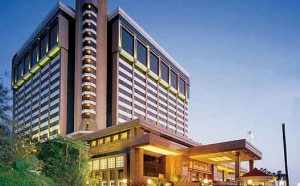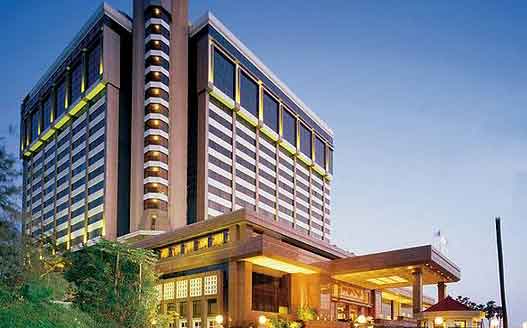 Phoenix has recently also sold 80 per cent of office properties in its mixed-use Market City projects in Kurla in Mumbai and Pune, respectively. It plans to launch another 300,000 sq ft of office properties in Mumbai in the next six-nine months.
Phoenix has recently also sold 80 per cent of office properties in its mixed-use Market City projects in Kurla in Mumbai and Pune, respectively. It plans to launch another 300,000 sq ft of office properties in Mumbai in the next six-nine months.
Developers are though trying to put up a brave face saying buyers are also preferring outright purchase of a property than leasing it due to decline in prices and in anticipation of the appreciation.
Vimal Shah, Managing Director, Ackruti City says, “Today there are more buyers for outright purchase than lease as prices are down. They think that if they buy today, they can get better appreciation in the future.”
According to JLL estimates, after peaking in 2008, Mumbai office property rentals fell for two consecutive years, and are currently 38 per cent below the peak.
Industry analysts believe this is a cyclic process of evolution and once the market sentiments are up, the same developers will be back with the now tried-and-tested model of leasing the commercial property. After all, the experience has shown that single ownership of a mall allows control over the management and maintaining the kind of identity a mall developer envisages.
Typically, shopping centres in evolved markets globally work on a 100 per cent lease model and that remains the most preferred model because it allows the mall developer to exercise control over the identity of the mall. In India also the future of next generation of malls seems to be specialty malls, where only leasing model can ensure that the developer controls the character of the property and the outlets don’t shift away from the focus products the mall or office specializes in.





